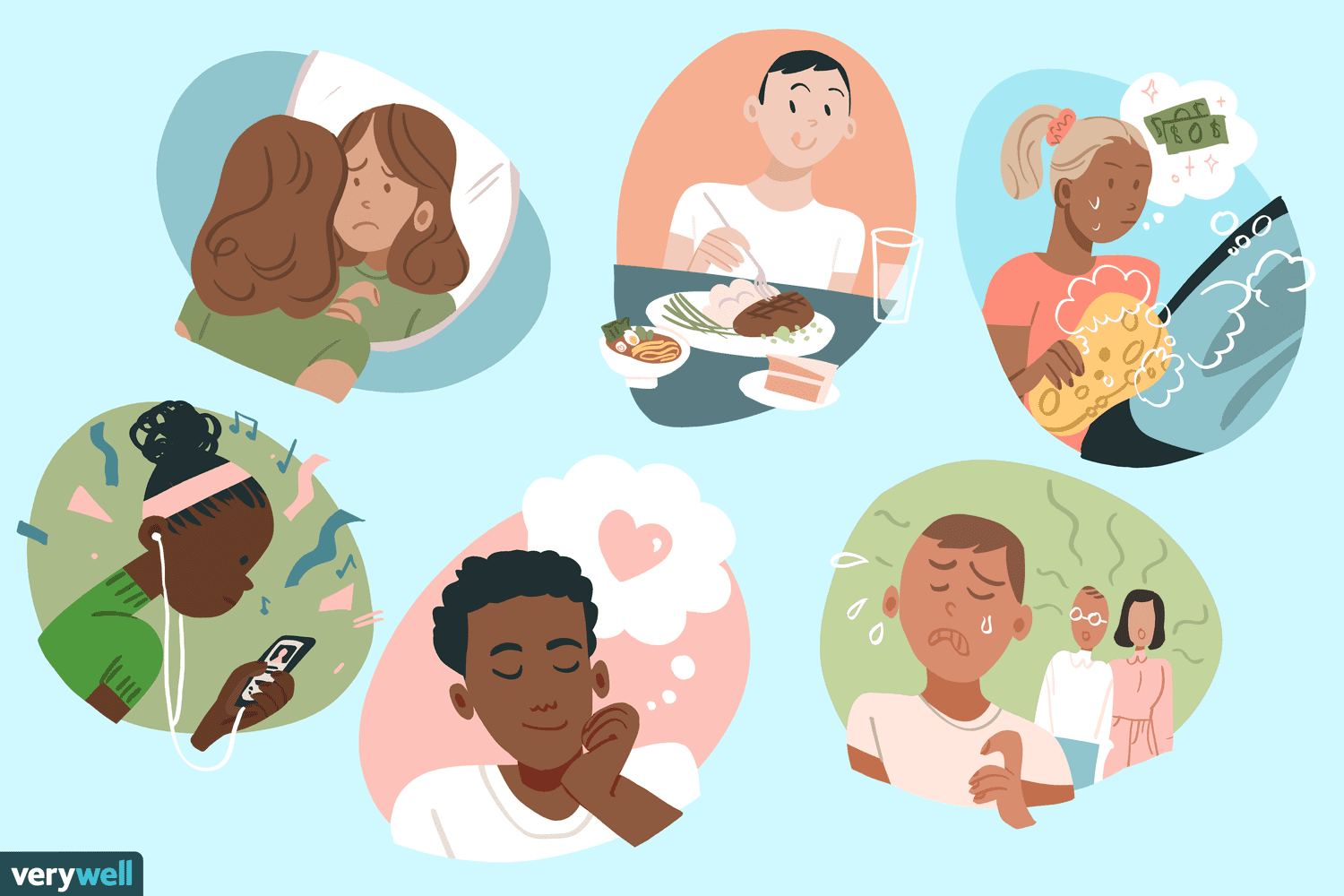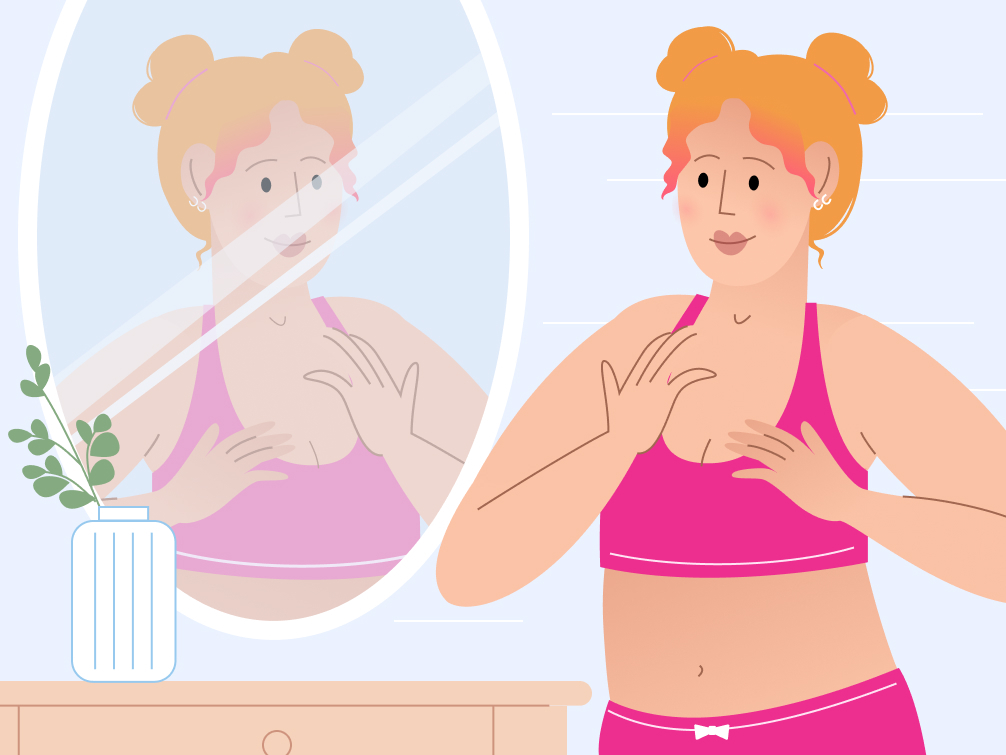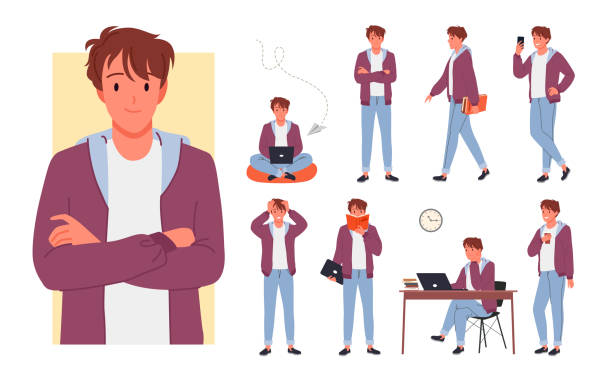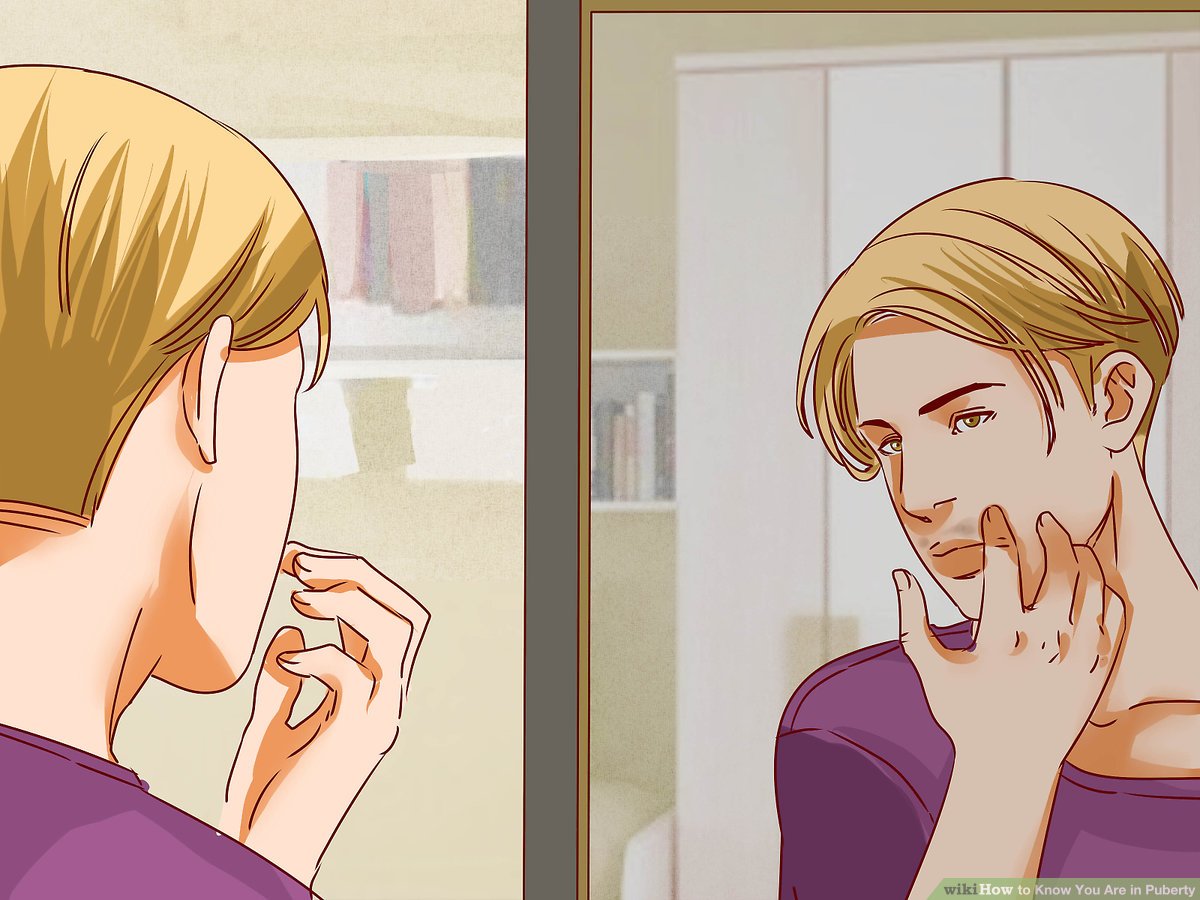

1. Anger, frustration, blame, hopelessness and fear, are common reactions to unwanted change and these feelings are usually uncomfortable and difficult to manage. 2. Naming our emotions is a simple and effective way to help us unravel what we are experiencing. Saying out loud is even more powerful. 3. If possible, put it in a sentence like this: ‘I’m really worried that my child isn’t going to be able to complete their subject.’ ‘I am frustrated with the powerlessness of the situation.’ ‘I am angry that this has happened.’ 4. Mood Swings-can be a part of growing up. One minute you feel like you’re on cloud nine, and the next you feel like you want to scream your head off. Your body is being rushed with a whole bunch of new hormones that create a host of emotional changes during puberty. It can feel hard to keep up

1.Girls usually begin puberty between the ages of 8 and 13 years old. The earliest sign of puberty in most girls is the development of breast "buds," nickel-sized bumps under the nipple. 2. It is not unusual for breast growth to start on one side before the other. It's also common for breast buds to be somewhat tender or sore. Uneven breast growth and soreness are both totally normal and usually improve with time. 3.Massaging the breasts won’t affect their size. Massaging too hard might even hurt the breasts or irritate the skin and nipples. 4.Coarser hair will begin to grow in the genital area, under the arms, and on the legs. In some girls (about 15%), pubic hair may be the first sign of puberty―showing up before breast budding starts. 5.Breasts are mainly made up of fatty tissue rather than muscle, so exercise won’t affect breast development. However, exercise in general will help keep the pectoral muscles behind the breast in shape, as well as help toning the body. It’s important to wear a sports bra that fits you well and supports your breasts during exercise.

1.Voice changes may happen, as the voice gets deeper. Sometimes, the voice may "crack" during this time. This is a temporary condition and will improve over time. 2.As the hormones of puberty increase, adolescents may experience an increase in oily skin and sweating. This is a normal part of growing. It is important to wash daily, including the face. Acne may develop. 3.As the penis enlarges, the adolescent male may begin to experience erections. This is when the penis becomes hard and erect because it is filled with blood. This is due to hormonal changes and may happen when the boy fantasizes about sexual things or for no reason at all. This is normal. 4.During puberty, the male's body also begins making sperm. Semen, which is composed of sperm and other bodily fluids, may be released during an erection. This is called ejaculation. Sometimes, this may happen while the male is sleeping. This is called a nocturnal emission or wet dream. This is a normal part of puberty. Once sperm is made and ejaculation happens, adolescent males are able to reproduce.

Well, maybe not everywhere. But one of the first signs of puberty is hair growing where it didn't grow before. Guys and girls both begin to grow hair under their arms and in their pubic areas (on and around the genitals). It starts out looking light and sparse. Then as you go through puberty, it becomes longer, thicker, heavier, and darker. Eventually, guys also start to grow hair on their faces. ABOUT FACES 1.Another thing that comes with puberty is acne, or pimples. Acne is triggered by puberty hormones. Pimples usually start around the beginning of puberty and can stick around during adolescence (the teen years). 2.You may notice pimples on your face, your upper back, or your upper chest. It helps to keep your skin clean, and your doctor will be able to offer some suggestions for clearing up acne. The good news about acne is that it usually gets better or disappears by the end of adolescence.
